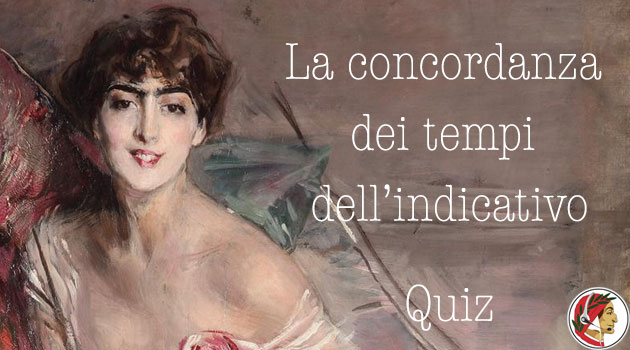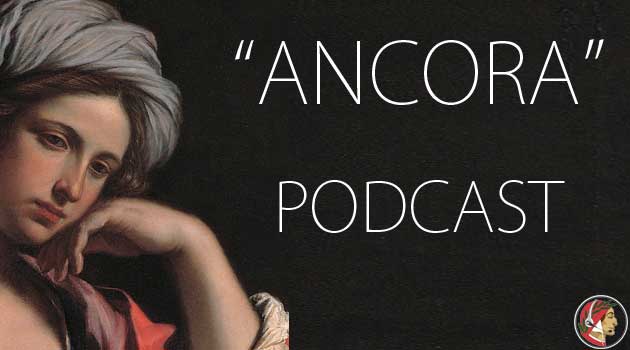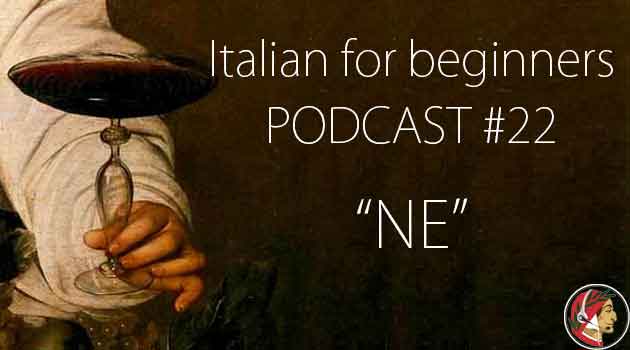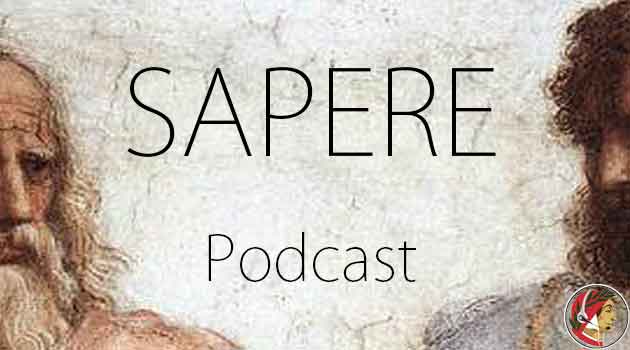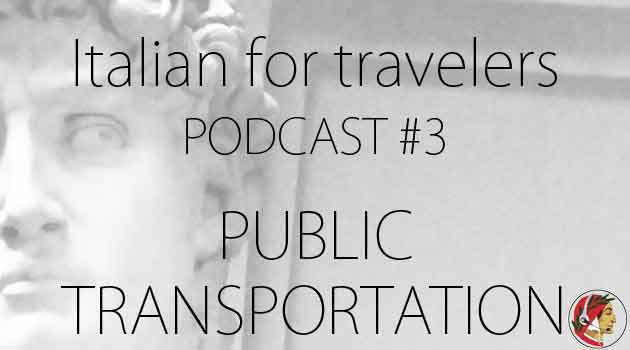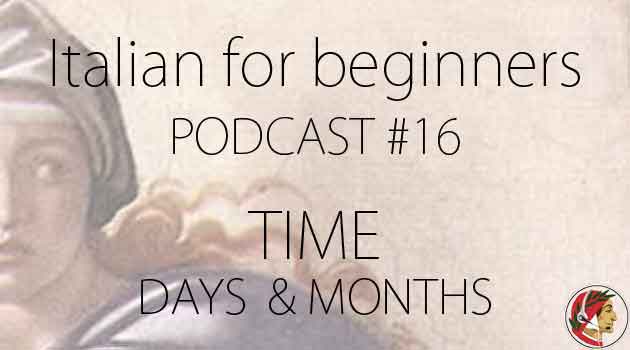Italian adjectives, also known as “aggettivi qualificativi,” generally agree in gender and number with the nouns they refer to. In Italian, all nouns have a gender (masculine and feminine) and can be singular or plural
This is a very simplified classification, but it will show most of what you need to learn as an absolute beginner.
When consulting an Italian dictionary, you will typically find adjectives listed in their singular masculine form. There are three categories of adjectives: those ending in -o, those ending in -e, and those ending in -a.
Italian adjectives decline in the feminine and plural forms as follows:
1. Adjectives ending in -o:
– “-o” for the masculine singular (e.g., Antonio è bello).
– “-a” for the feminine singular (e.g., Lucia è bella).
– “-i” for the masculine plural (e.g., Antonio e Claudio sono belli).
– “-e” for the feminine plural (e.g., Lucia e Giorgia sono belle).
2. Adjectives ending in -e:
– “-e” for both the singular forms (e.g., Dario è intelligente, Stefania è intelligente).
– “-i” for the plural forms (e.g., Dario e Francesco sono intelligenti, Claudia e Marta sono intelligenti). Adjectives ending in “-e” do not differentiate between masculine and feminine genders. The distinction is determined by the noun itself or the accompanying article.
3. Additionally, there is a small number of invariable Italian adjectives that do not change regardless of gender or number. Examples include “rosa” (pink): la macchina è rosa, i vestiti sono rosa. Other examples are pari (even), dispari (odd), blu (blue), lilla (lilac), and viola (violet).
4. Adjectives ending in -ista: this is just an example of adjectives ending with a particular suffix. there are others and you will learn with experience.
– Adjectives keep the same in the singular form (e.g., Mauro è altruista, Elisa è altruista).
– Adjectives change in the plural form:
– “-i” for the masculine plural (e.g., Giulio e Luigi sono ottimisti).
– “-e” for the feminine plural (e.g., Michela e Giorgia sono pessimiste).
In this case, there is only one form for both the masculine and feminine singular, but two different forms for the plural.
The position of an adjective in a sentence can also alter its meaning in some cases. For example:
– “Luigi è un amico vecchio” means “Luigi is an old friend.”
– “Luigi è un vecchio amico” means “Luigi is an old man.”
Feel free to test your knowledge with the quiz above, and check your score at the end. If you’re interested, you can have a chance to win a coupon for an Italian Zoom class with a native teacher.
Ciao!
Quiz-summary
0 of 5 questions completed
Questions:
- 1
- 2
- 3
- 4
- 5
Information
LOADING QUIZ...
You have already completed the quiz before. Hence you can not start it again.
Quiz is loading...
You must sign in or sign up to start the quiz.
You have to finish following quiz, to start this quiz:
Results
Time has elapsed
Your score is 0 out of 0 points, (0)
| Average score |
|
| Your score |
|
Categories
- Not categorized 0%
- 1
- 2
- 3
- 4
- 5
- Answered
- Review
-
Question 1 of 5
1. Question
Angelina è ...
 Correct
Correct
Check and go to the next question
↓↓↓
Incorrect
Check and go to the next question
↓↓↓
-
Question 2 of 5
2. Question
La macchina è ...
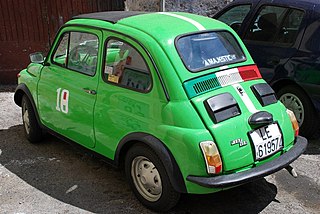 Correct
Correct
Check and go to the next question
↓↓↓
Incorrect
Check and go to the next question
↓↓↓
-
Question 3 of 5
3. Question
Mario and Luigi are two old friends

Move the words and say it in Italian.
-
Mario
-
e
-
Luigi
-
sono
-
due
-
vecchi
-
amici
Correct
Check and go to the next question
↓↓↓
Incorrect
Check and go to the next question
↓↓↓
-
-
Question 4 of 5
4. Question
Select the right description.
Correct
Check and go to the next question
↓↓↓
Incorrect
Check and go to the next question
↓↓↓
-
Question 5 of 5
5. Question
Select the right description
 Correct
Correct
Check you final score!
↓↓↓
Incorrect
Check you final score!
↓↓↓






